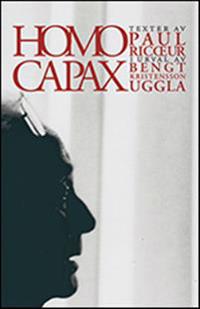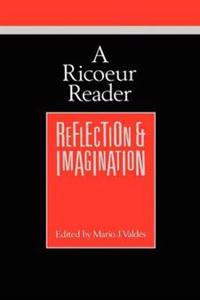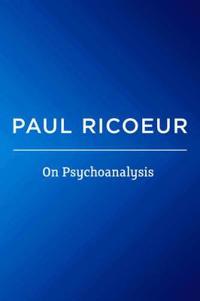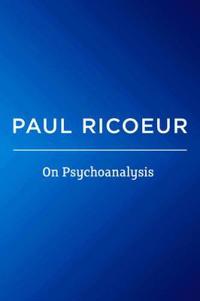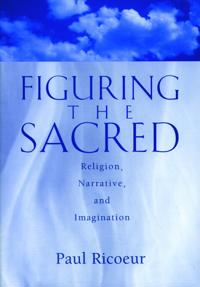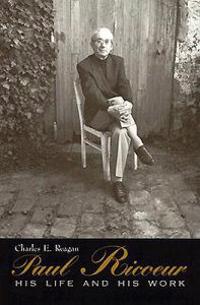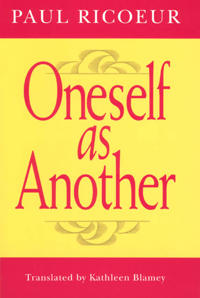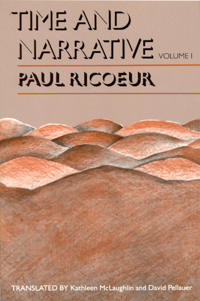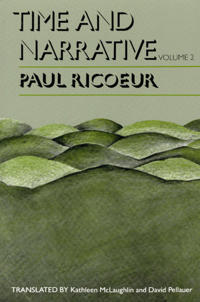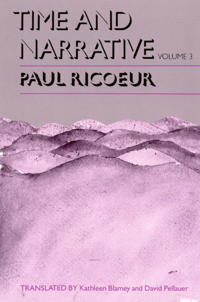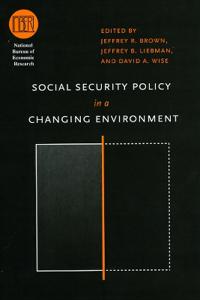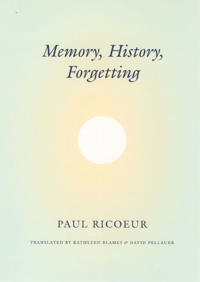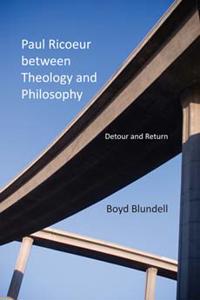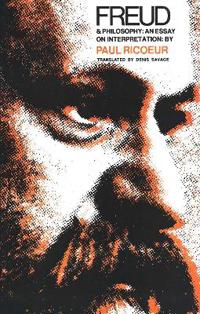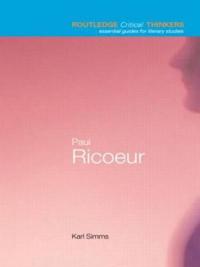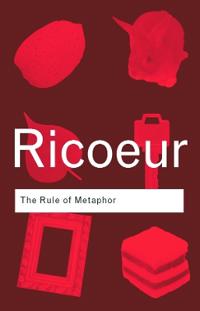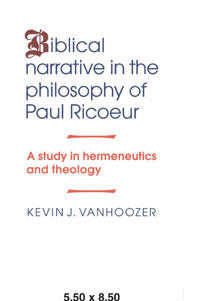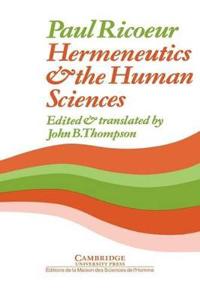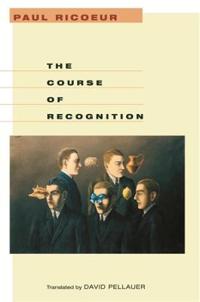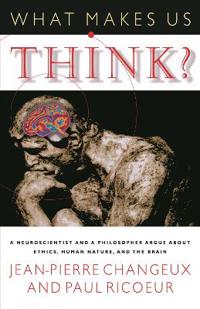Homo Capax : texter av Paul Ricoeur om etik och filosofisk antropologi (Häftad)
avPaul Ricoeur
ISBN: 9789171733375 - UTGIVEN: 201103Paul Ric?ur (1913?2005) är en av samtidens stora filosofer. Som ingen annan har han gjort dialogen till det centrala temat för sin filosofi: den mellanmänskliga dialogen, men också den hermeneutiska med texter och den konstruktiva dialogen mellan olika filosofiska skolor.
Detta urval [...]A Ricoeur Reader: Reflection and Imagination (Häftad)
avPaul Ricoeur, Mario J. Vald?'s
ISBN: 9781442613249 - UTGIVEN: 1991-08Phenomenology and the Theological Turn: The French Debate (Pocket)
avMarion, Jean-Luc, Ricoeur, Paul, Janicaud, Dominique
ISBN: 9780823220533Phenomenology and the Theological Turnbrings together the debate over Janicaud's critique of the theological turnrepresented by the works of Emmanuel Levinas, Paul Ricour, Jean-Luc Marion, Jean-Franois Courtine, Jean-Louis Chrtien, and Michel Henry.[...]
On Psychoanalysis (Inbunden)
avPaul Ricoeur, David Pellauer, Paul Ricoeur
ISBN: 9780745661230 - UTGIVEN: 201209Paul Ricoeur's Freud and Philosophy was a major reinterpretation of psychoanalysis and its philosophical significance, but Ricoeur also wrote many important articles on similar themes. This volume makes available some of his key writings on Freud and psychoanalysis: together with Freud and Ph[...]
On Psychoanalysis (Pocket)
avPaul Ricoeur, David Pellauer, Paul Ricoeur
ISBN: 9780745661247 - UTGIVEN: 201209Paul Ricoeur's Freud and Philosophy was a major reinterpretation of psychoanalysis and its philosophical significance, but Ricoeur also wrote many important articles on similar themes. This volume makes available some of his key writings on Freud and psychoanalysis: together with Freud and Ph[...]
Figuring the Sacred (Pocket)
avPaul Ricoeur, David (TRN) Pellauer, Paul Ricoeur
ISBN: 9780800628949 - UTGIVEN: 1995-11The thought of Paul Ricoeur continues its profound effect on theology, religious studies, and biblical interpretation. Introduced by Mark Wallace, the twenty-one papers collected in this volume-some familiar, many translated here for the first time-constitute the most comprehensive anthology of Rico[...]
Paul Ricoeur
ISBN: 9780226706023 - UTGIVEN: 1996-10In this informed biography of Ricoeur, student, colleague, and confidant Charles E. Reagan provides an accessible look at both the philosophy of this thinker and the pivotal experiences that influenced his development. From Ricoeur's devout Protestant upbringing to his tutelage under Roland Dalbiez,[...]
Paul Ricoeur
ISBN: 9780226706030 - UTGIVEN: 1998-06One of the major intellectual figures of the twentieth century, Paul Ricoeur has influenced a generation of thinkers. In this, the first philosophically informed biography of Ricoeur, student, colleague, and confidant Charles E. Reagan provides an unusually accessible look at both the philosophy of [...]
Oneself as Another (Häftad)
avPaul Ricoeur
ISBN: 9780226713298 - UTGIVEN: 199410Paul Ricoeur has been hailed as one of the most important thinkers of the century. Oneself as Another, the clearest account of his "philosophical ethics," substantiates this position and lays the groundwork for a metaphysics of morals. Focusing on the concept of personal identity, Ricoeur develops a[...]
Time and Narrative (Pocket)
avPaul Ricoeur, Kathleen Blamey, David Pellauer
ISBN: 9780226713328 - UTGIVEN: 199009Discusses the conflict between subjective time and historical time, looks at how fiction and historical writings create a model of temporal experience, and considers the question of sense and reference[...]
Time and Narrative (Pocket)
avPaul Ricoeur, Kathleen Blamey, David Pellauer
ISBN: 9780226713342 - UTGIVEN: 199009Discusses the conflict between subjective time and historical time, looks at how fiction and historical writings create a model of temporal experience, and considers the question of sense and reference[...]
Time and Narrative (Häftad)
avPaul Ricoeur
ISBN: 9780226713366 - UTGIVEN: 199009Discusses the conflict between subjective time and historical time, looks at how fiction and historical writings create a model of temporal experience, and considers the question of sense and reference[...]
The Just (Häftad)
avPaul Ricoeur
ISBN: 9780226713403 - UTGIVEN: 2003-12The essays in this collection by the noted French philosopher Paul Ricoeur grew out of a series of invited lectures given in France on the question of the nature of justice and the law at the Institut des Hautes Etudes pour a Justice in Paris. Gathered under the title "The Just", the essays represen[...]
Memory, History, Forgetting (Pocket)
avPaul Ricoeur, Kathleen Blamey, David Pellauer
ISBN: 9780226713427 - UTGIVEN: 200608A landmark work, "Memory, History, Forgetting" examines the reciprocal relationship between remembering and forgetting, revealing how this symbiosis influences both the perception of historical experience and the production of historical narrative. A momentous achievement in Ricoeur's career, this b[...]
Paul Ricoeur Between Theology and Philosophy (Häftad)
avBoyd Blundell
ISBN: 9780253221902 - UTGIVEN: 2010-05Paul Ricoeur (1913-2005) remains one of philosophy of religion's most distinctive voices. While Ricoeur claimed he was a philosopher first, his religious reflections show him to be more of a theologian than he acknowledged. Using Ricoeur's own hermeneutics, Boyd Blundell argues that there is a way f[...]
Freud and Philosophy (Häftad)
avPaul Ricoeur
ISBN: 9780300021899 - UTGIVEN: 197707If Paul Ricoeur is correct in seeing the various currents of contemporary philosophy all converging on the problem of a "grand philosophy of language," then the first sixty pages of this absorbing study of Freud may become the rallying point from which future work can begin. This first part of Freud[...]
Paul Ricoeur (Häftad)
avKarl Simms
ISBN: 9780415236379 - UTGIVEN: 200212Refreshingly clear and impressively comprehensive, this is the essential guide to one of the most wide-ranging and influential thinkers alive today. In Paul Ricoeur Karl Simms: details Ricoeur's most significant contributions to contemporary critical thought provides an intellectual context to h[...]
The Rule of Metaphor (Häftad)
avPaul Ricoeur
ISBN: 9780415312806 - UTGIVEN: 200308Paul Ricoeur is widely regarded as one of the most distinguished philosophers of our time. In The Rule of Metaphor he seeks 'to show how language can extend itself to its very limits, forever discovering new resonances within itself'. Recognizing the fundamental power of language in constructing the[...]
Biblical Narrative in the Philosophy of Paul Ricoeur (Häftad)
avKevin J. Vanhoozer
ISBN: 9780521043908 - UTGIVEN: 200711Although Paul Ricoeur's writings are widely and appreciatively read by theologians, this book offers a full, sympathetic yet critical account of Ricoeur's theory of narrative interpretation and its contribution to theology. Unlike many previous studies of Ricoeur, Part I argues that Ricoeur's hermen[...]
Hermeneutics and the Human Sciences (Häftad)
avPaul Ricoeur
ISBN: 9780521280020 - UTGIVEN: 198108This is a collection in translation of essays by Paul Ricoeur which presents a comprehensive view of his philosophical hermeneutics, its relation to the views of his predecessors in the tradition and its consequences for the social sciences. The volume has three parts. The studies in the first part [...]
The Course of Recognition (Häftad)
avPaul Ricoeur
ISBN: 9780674025646 - UTGIVEN: 200709Recognition, though it figures profoundly in our understanding of objects and persons, identity and ideas, has never before been the subject of a single, sustained philosophical inquiry. This work, by one of contemporary philosophy's most distinguished voices, pursues recognition through its various[...]
What Makes Us Think? (Häftad)
avJean-Pierre Changeux, Paul Ricoeur
ISBN: 9780691092850 - UTGIVEN: 200202Will understanding our brains help us to know our minds? Or is there an unbridgeable distance between the work of neuroscience and the workings of human consciousness? In a remarkable exchange between neuroscientist Jean-Pierre Changeux and philosopher Paul Ricoeur, this book explores the vexed terr[...]
Being, Essence and Substance in Plato and Aristotle (Häftad)
avPaul Ricoeur
ISBN: 9780745660547 - UTGIVEN: 2013-08-31Paul Ricoeur (1913-2005) was one of the outstanding French philosophers of the 20th century and his work is widely read in the English-speaking world. This unique volume comprises the lectures that Ricoeur gave on Plato and Aristotle at the University of Strasbourg in 1953-54.[...]
Being, Essence and Substance in Plato and Aristotle (Häftad)
avPaul Ricoeur
ISBN: 9780745660554 - UTGIVEN: 2013-08-31Paul Ricoeur (1913-2005) was one of the outstanding French philosophers of the 20th century and his work is widely read in the English-speaking world. This unique volume comprises the lectures that Ricoeur gave on Plato and Aristotle at the University of Strasbourg in 1953-54.[...]
Hermeneutics: Writings and Lectures (Häftad)
avPaul Ricoeur
ISBN: 9780745661216 - UTGIVEN: 2013-01-31

